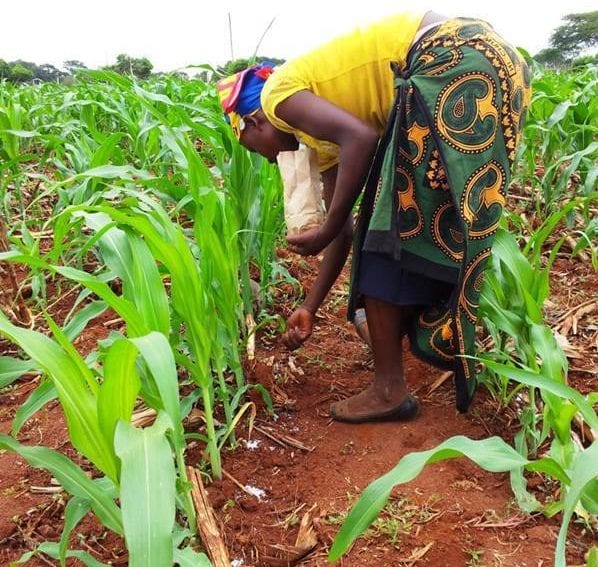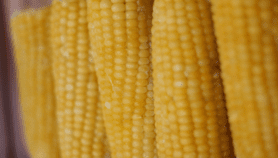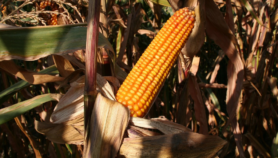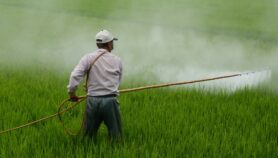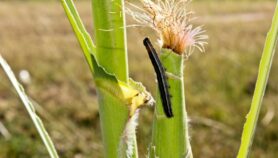By: Gilbert Nakweya
Send to a friend
The details you provide on this page will not be used to send unsolicited email, and will not be sold to a 3rd party. See privacy policy.
[NAIROBI] Smallholder farmers in Sub-Saharan Africa need sustainable solutions to address challenges of access to high quality seeds, a seminar has heard.
Agricultural experts at the Integrated Seed Sector Development (ISSD) Africa seminar in Kenya last month (24 February) said that the continent’s seed sector is not effective, forcing farmers to rely mainlyon informal seed sources.
“We need to do a lot to improve the seed sector for increased agricultural production.”
Mary Mathenge, Tegemeo Institute of Agricultural Policy and Development
This situation, the experts stated, has stagnatedagricultural growth in Sub-Saharan Africa, threateningfood security and economic development.
The seminar that brought together scientists and researchers from the public and the private sectors, discussed the findings of a two-year pilot phase of an ISSD project in Kenya that ends this year. The pilot project aims to provide smallholder farmers access to quality seed of superior crop varieties.
“Seed is an important factor for agricultural production;it is the main factor of yield and we need to do a lot to improve the seed sector for increased agricultural production,” said Mary Mathenge, director of the Kenya-based Tegemeo Institute of Agricultural Policy and Development, which organised the seminar and administers the ISSD Africa project in Kenya.
Mathenge noted that smallholders in Sub-Saharan Africa are unable to get full information on good seeds and access them, pointing out that circulation of fake seeds is a major problem in Kenya that hinders the transformation of the agricultural sector.
The seminar heard that Africa needs well-functioning, market-driven seed systems and research scientists working with smallholder farmers to improve their seeds.
Strengthening of South-South partnerships would also help to address common challenges in the seed sector, the experts explained. An African-embedded structure and networks of experts would also create a favourable environment for innovation to help match global commitments to national realities.
Other solutions suggested included a need to embraceinformation and communication technologies such as mobile phones to sensitise smallholder farmers on how to source high quality seeds.
Participants emphasised the importance of involving smallholder farmers in the early processes of seed breeding so that they can own and adopt the seeds.
“Smallholder farmers are the most hit by the effects of climate change,” Atela told SciDev.Net, adding that farmers need improved seed varieties that can resist or withstand the impacts of climate change such as droughts and flooding.
Atela commended African and international research institutes for investing in climate-smart agriculture, noting that proper coordination is required to ensure that smallholder farmers access such seeds.
This piece was produced by SciDev.Net’s Sub-Saharan Africa English desk.


